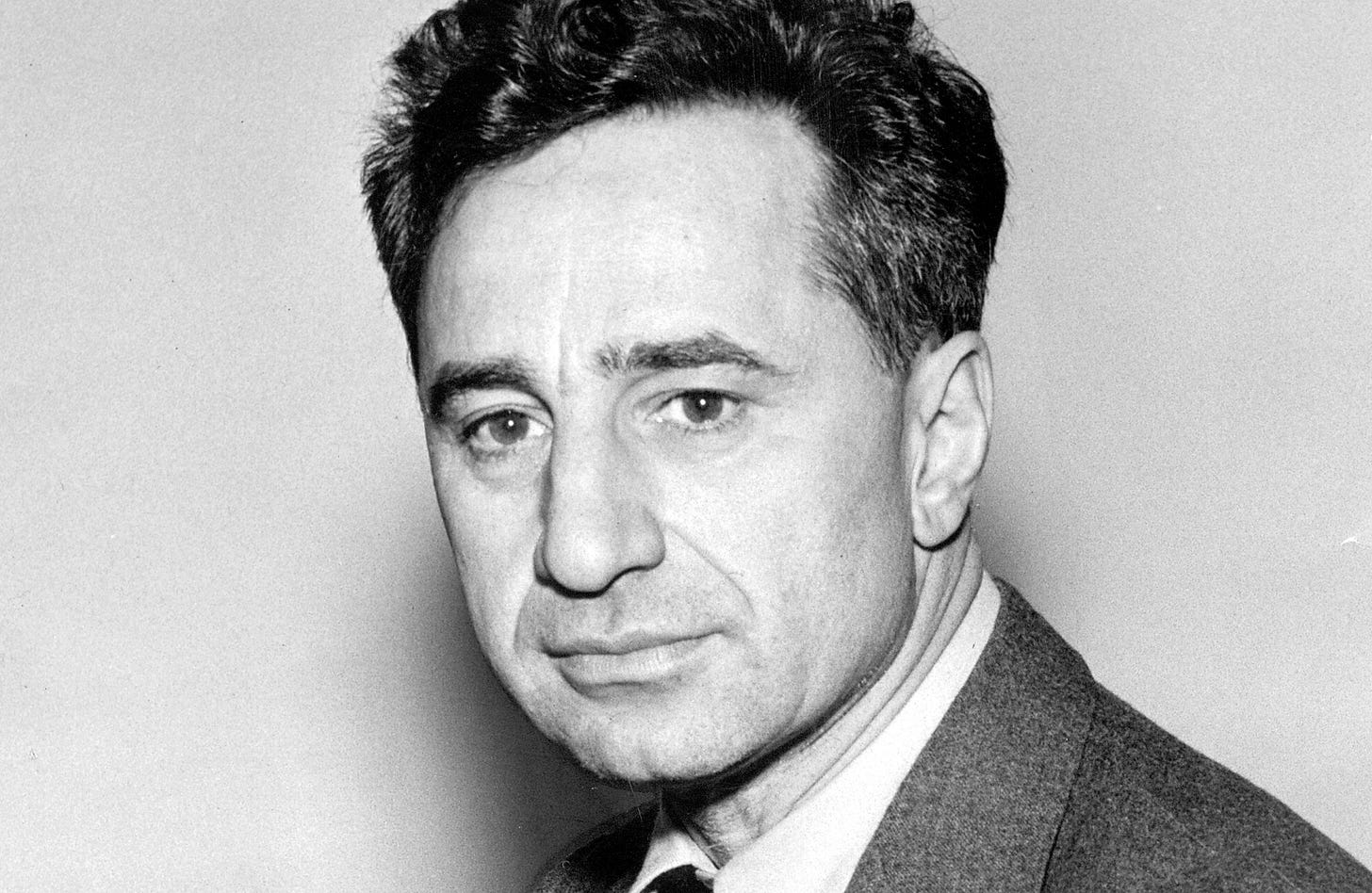Elia Kazan: On the Waterfront and the HCUA Controversy
On the Waterfront was Kazan's response to his testimony to the House Committee of Un-American Activities (HCUA), but what was the true implication of him testifying?
Elia Kazan was a director who is probably most known for directing Marlon Brando in On the Waterfront (1954). If you ignore the history and watch the film just in terms of craft and story, it is a beautiful piece of work, but I think it’s unavoidable to examine this film without looking into the history behind it. At the ti…
Keep reading with a 7-day free trial
Subscribe to From the Vaults Newsletter to keep reading this post and get 7 days of free access to the full post archives.



